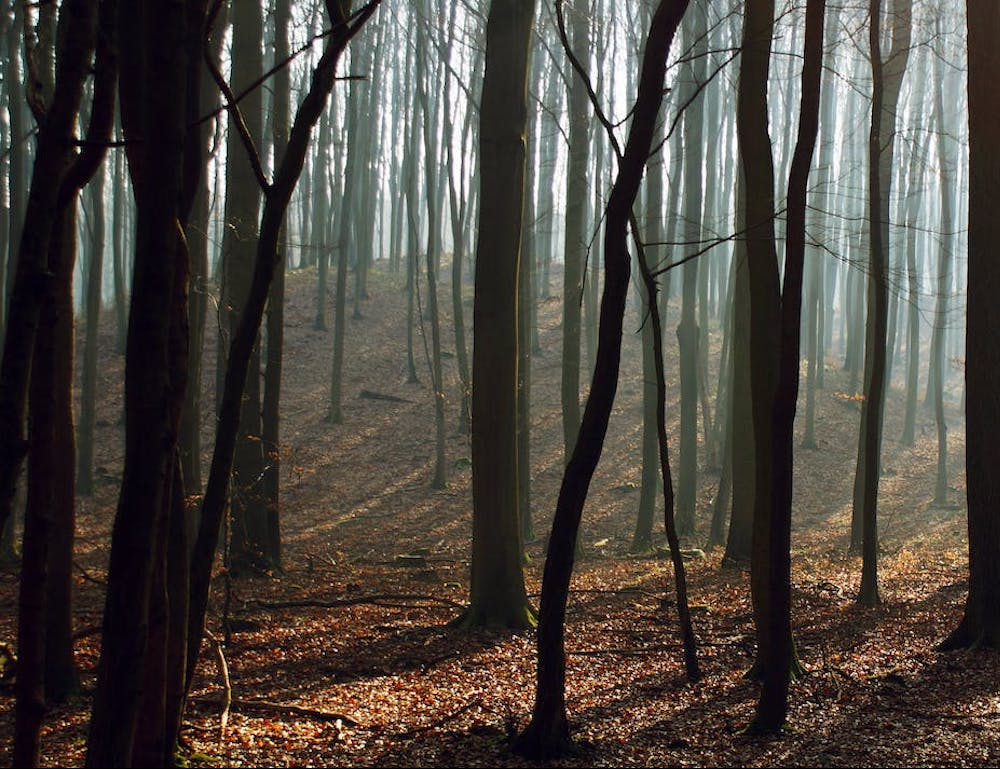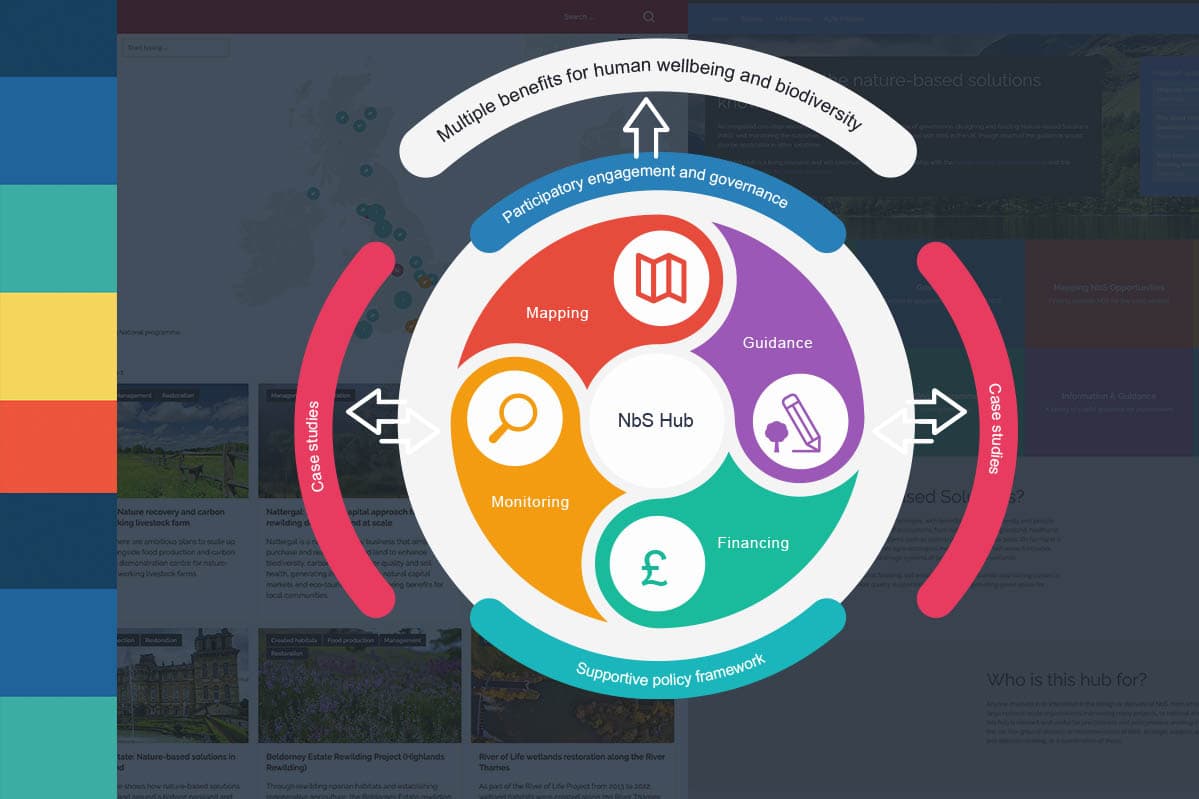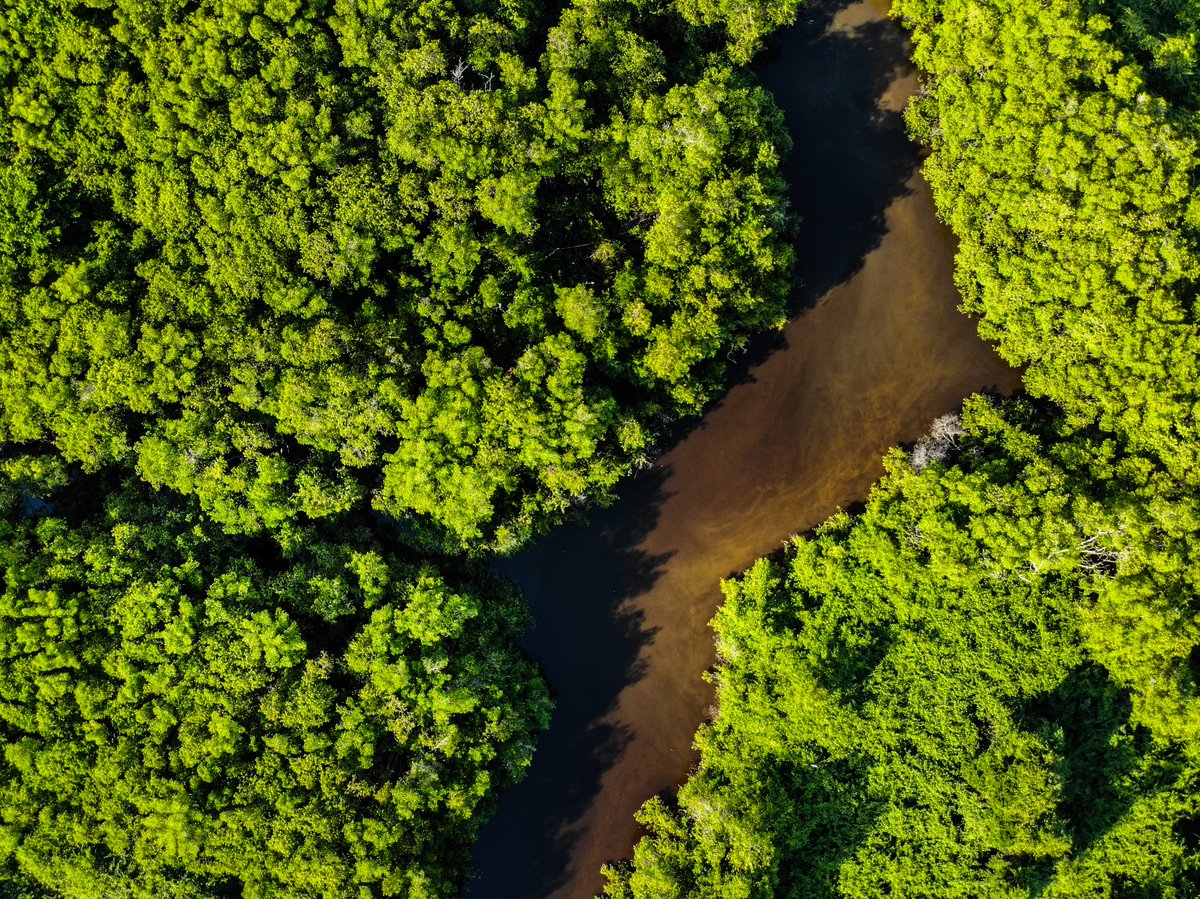Diverse forests can store over 70% more carbon than monocultures

New research published in Frontiers’ Forests and Global Change journal found that diverse planted forests can store over 70% more carbon than monocultures – the greatest increase in carbon storage relative to monocultures in four-species mixtures.
Researchers, including Nature-based Solutions Initiative researcher, Dr Emily Warner, analysed studies published since 1975 that directly compared carbon storage in mixed and single-species forests. They combined this data with previously unpublished data from a global network of tree diversity experiments, to create a comprehensive meta-analysis of whether forest diversification provides carbon storage benefits.
In the dataset used in this study, four-species mixes were found to have the greatest increase in carbon storage. Mixes with two species also had greater above-ground carbon stocks than monocultures and stored up to 35% more carbon. Forests made up of six species, however, showed no clear advantage to monocultures.
Forest restoration plays a key role in sequestering carbon, mitigating climate change, conserving biodiversity, and meeting sustainable development goals. Replanted forests store carbon not only in trees but also in soil and shrubs. Authors of this study suggest that mixed forests are particularly effective at carbon storage because they contain different species with complementary traits, meaning that they can more effectively use the resources in an area to attain higher growth rates.
A mix of species also contributes to wider ecosystem services and biodiversity. Mixed forests are also more resilient to pests, diseases, and climate change, which makes them more effective long-term carbon sinks.
“As momentum for tree planting grows, our study highlights that mixed species plantations would increase carbon storage alongside other benefits of diversifying planted forests,” said Dr Susan Cook-Patton, from The Nature Conservancy.
“This study demonstrates the carbon sequestration benefits of the diversification of planted forests,” Warner said. “As we go towards COP28, we are likely to see a lot of countries making reforestation pledges. This study shows the benefits of creating diverse planted forests, providing multiple benefits.”
Read the paper here.




